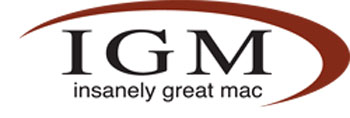Apple's supply chain and the defective taptic engine part
April 29th 2015
tl;dr version of the story:
One of two suppliers for the Apple Watch's taptic engine had quality issue late in the product development cycle. Apple switched to exclusively use one supplier. The result is constrained parts, which likely is affecting Apple Watch availability.
OK, whatever. Good for Apple on catching this before shipping a bunch of bad watches.
This was some curiously bad business analysis from the Wall Street Journal, however:
The shortages highlight the potential downside of Apple's lean supply chain. Apple can produce massive quantities of products with little waste and excess supply, but it can experience shortages when a problem arises with a key part.
Basically here Apple's lean supply chain likely saved Apple a headache and its supplier a bunch of money. Like we saw with GT Advance Technologies and its sapphire plant, when a ton of parts inventory ships and are found unsatisfactory, the damage can be severe for the supplier. GT Advance Technology went out of business. Apple not only lost a key supplier that may effect future products, but took a financial hit on its capital investments with that supplier.
Had Apple spent months stocking its supply chain with defective parts, as the Wall Street Journal suggests, that could have torpedoed another Apple supplier. Plus take on the costs associated with inventorying all those components. And of course even worse if Apple continued with this thinking and started building inventories of product that contained defective parts. Or, just needlessly delay all product launches to stockpile parts for no reason taking on inventory problem and potentially excess supply waste.
It's in Apple's best interests to ensure the success of its suppliers. The alternatives are no reliable suppliers or it will have to take on enormous task of making its own quality parts for everything.
So, this seems an example of Apple's lean supply chain working, not the other way around.
